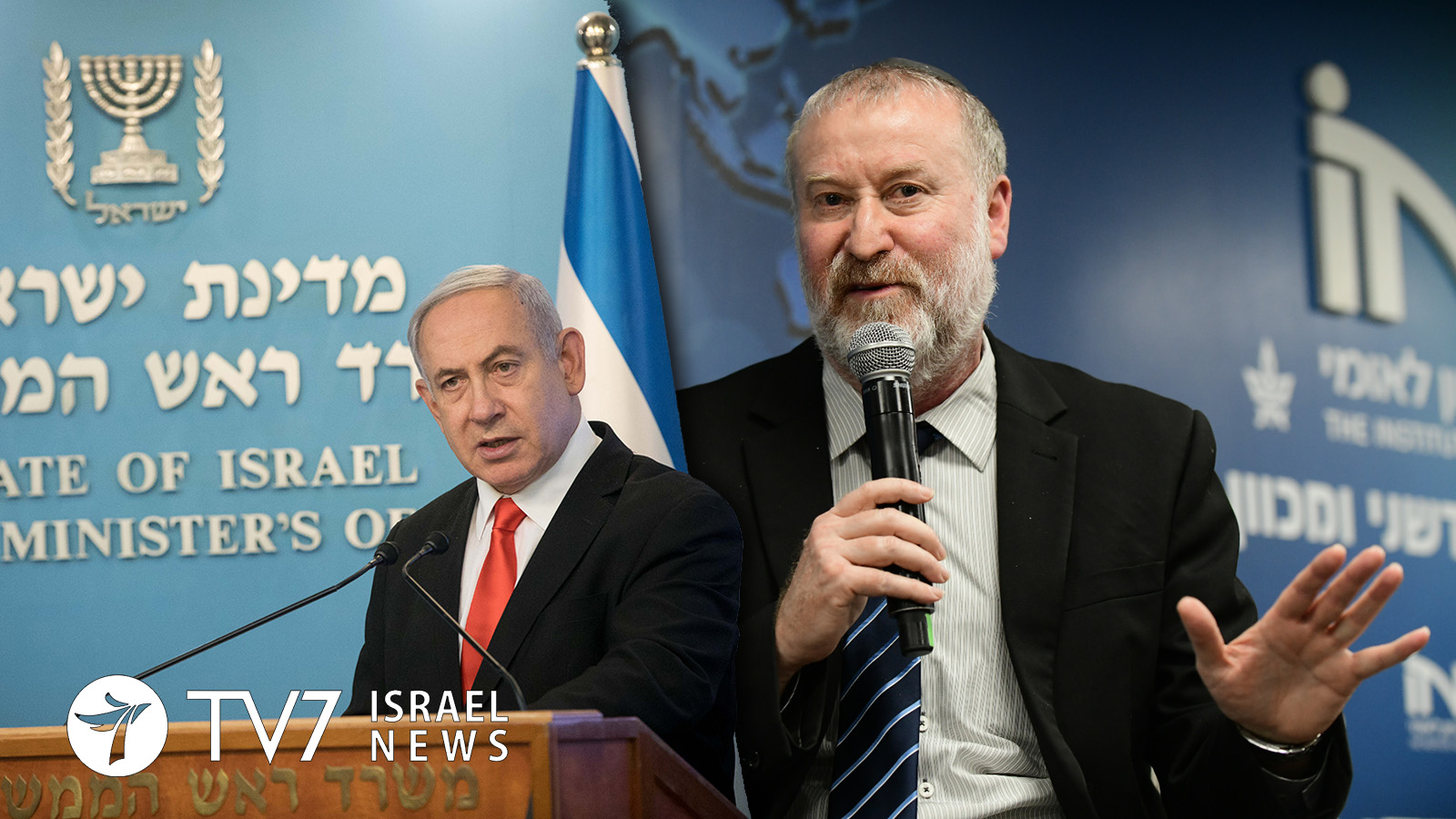Israel’s High Court of Justice has approved the request of Attorney General Avihai Mandelblit to delay his response to petitions filed against the newly-formed national unity government until Thursday.
A series of petitions filed with the High Court contend there are several legal issues against the new government, including eligibility of Benjamin Netanyahu to serve as Prime Minister while under indictment on serious criminal charges. According to a 23 April judicial order, Mandelblit was to deliver his view on the controversial matter today.
The nation’s top legal advisor informed the High Court yesterday that it was incumbent upon him to serve as an apolitical, neutral arbiter on behalf of the public’s best interests and that it is not his role to either defend or oppose the recently-signed coalition agreement between Blue and White and the Likud. He argued that a postponement of his own opinion on the matter, as well as Netanyahu’s legal standing, was mandated in that it should only be rendered after the parties have filed their own defense of the deal.
Attorney General Mandelblit announced his final indictment against Netanyahu 21 November 2019 and filed formal charges against him on 28 January 2020. The two-month delay was caused by Netanyahu’s unusual request for immunity (which Cabinet Minsters faced with similar circumstances in the past have not requested) and because the Knesset has been out of session for an extended period. Israel’s longest-serving and first sitting Premier was formally charged with criminal offenses just hours after he withdrew his immunity request, when Mandelblit ultimately filed the indictment with the Jerusalem District Court against him for bribery, fraud and breach of trust.
Mandelblit has previously declared that he was sad to indict Netanyahu, for whom he had great personal admiration, but that he had been legally obliged to do so.
Netanyahu has been charged with bribery in Case 4000 known as the “Bezeq-Walla! Affair,” breach of public trust in Case 1000 referred to as the “Illegal Gifts Affair,” and for breach of public trust in Case 2000 or the “Yediot Ahronot-Yisrael Hayom Affair.”
The trial against Netanyahu is set to open 24 May, in the beginning of a long judicial process that could take up to three years to conclude. He has denied all allegations of wrongdoing and accused prosecutors of engaging in a “witchhunt.”
A number of appeals have been filed arguing that Netanyahu is unfit for office due to his legal woes, but until now both Mandelblit and the High Court have declined to respond on grounds that any such action would be tantamount to interference in Israel’s democratic process. After the refiling of several petitions following the last round of elections on 2 March contending that Netanyahu should be barred from attempts to form the next government, the High Court said it was ‘premature’ to rule on a ‘theoretical’ situation. Undeterred, many of the same petitioners were joined by additional groups to file new motions in the immediate wake of the 20 April signing of a coalition deal by Blue and White leader Benny Gantz and Prime Minister Netanyahu.
Channel 12 news reported that senior officials from Netanyahu’s Likud party old warned that the coalition deal is so complex that any intervention by the High Court would likely bring it down, and force the holding of a fourth, unwanted election.
In its official response filed today, the Blue and White party called on the High Court to reject petitions against the proposed coalition. Even though the severity of Netanyahu’s indictment was acknowledged, his new political partners underscored the vital importance of surpassing the long political impasse to establish a unified national emergency government that can address Israel’s current health and economic crises.
